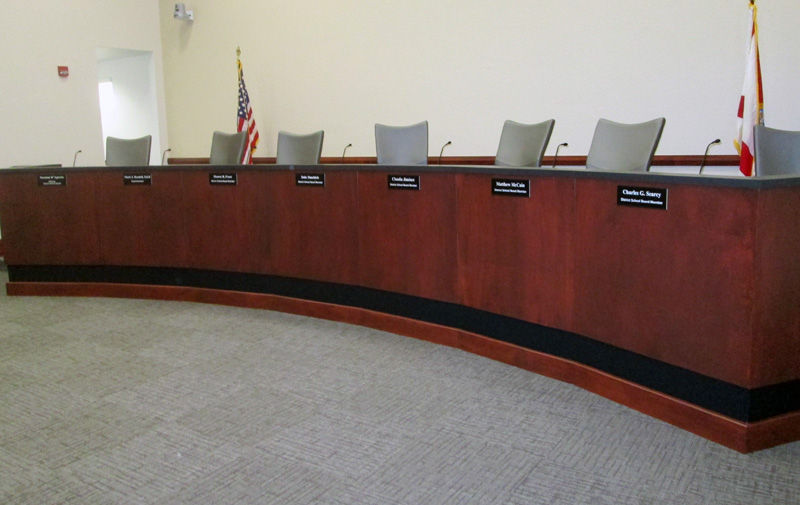Indian River County School District’s chief financial officer Carter Morrison recently floated a trial balloon, telling School Board members he is setting aside $100,000 to pay for the cost of a Tax Anticipation Note as part of the upcoming budget.
That’s like announcing, “We have no financial cushion. We don’t have the cash reserves to make it to November, when tax revenue starts coming in.”
Which makes one wonder: Considering that the School District rakes in well over $100 million a year in property taxes, more than half of it paid by island residents, why can’t it pay its bills without taking out payday loans?
Morrison said about $63,000 is needed to issue the note, $32,000 for interest payments and about $5,000 for “miscellaneous” costs. The principal amount of the loan would be determined later, he said, refusing to give the School Board an estimate, although he was obviously working backward from some number.
Tax Anticipation Notes are a short-term borrowing instrument for local governments, such as the School Board, that lets them pledge property tax dollars without voter approval. (Tax dollars pledged for longer than a year require voter approval under the state constitution. Short-term borrowing evades that regulation, even if the debt is rolled over each year.)
Since 2009, the school district has used this form of borrowing six times, borrowing a total of $120 million and paying about $782,000 in interest.
Public records don’t make clear what the issuance, legal and bond counsel costs were for the six notes, but if they are commensurate with Morrison’s current estimate, they would be about twice as much as interest costs or about $1.6 million, pushing the total cost of borrowing to approximately $2.4 million since 2009.

